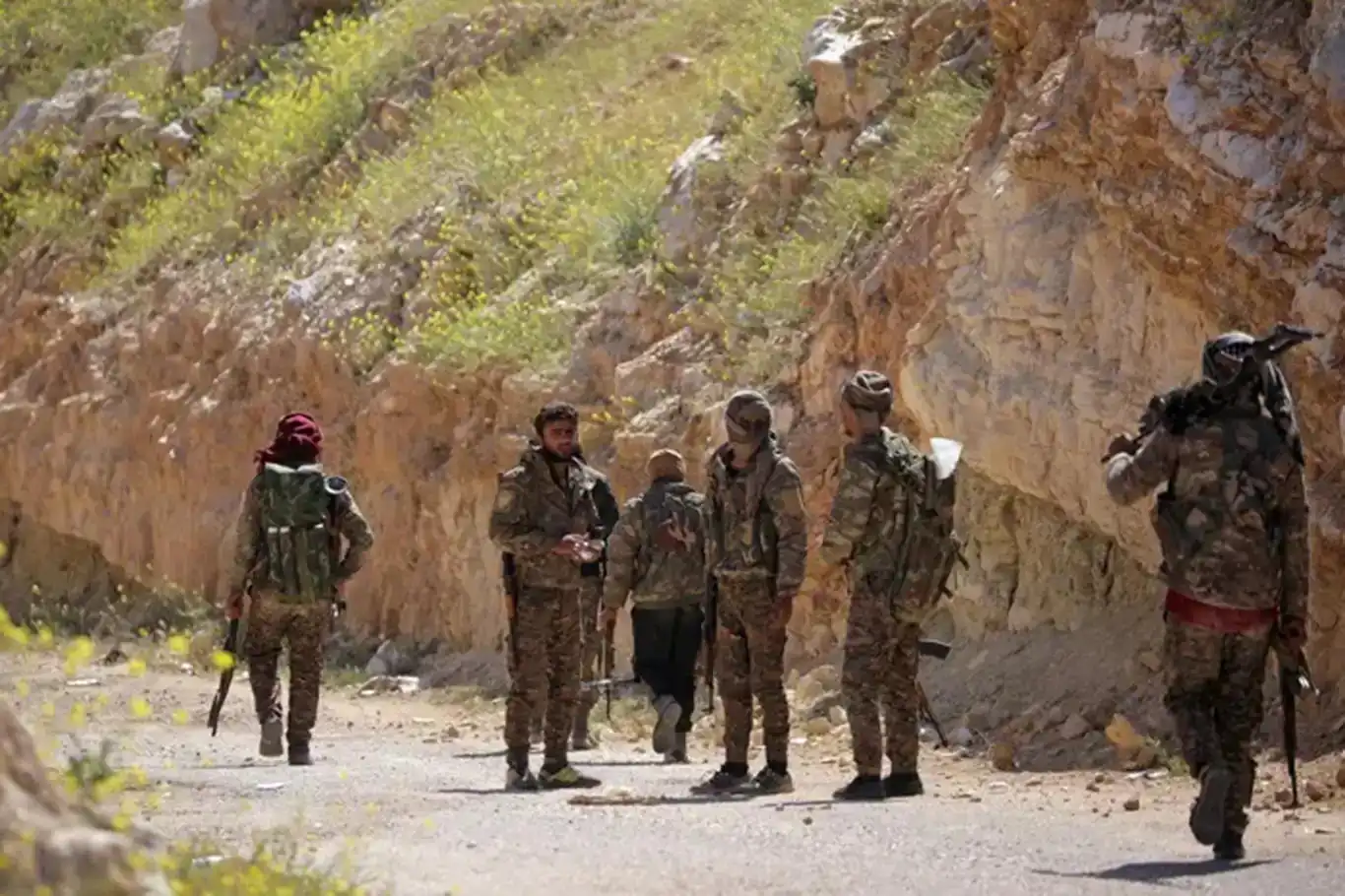Clashes between Syrian Army and SDF rekindle tensions over fragile integration deal


Fresh clashes erupted late Wednesday between the Syrian Army and the U.S.-backed Syrian Democratic Forces (SDF) in eastern Raqqa, raising new concerns over the fragile political track between Damascus and Kurdish-led authorities.
Syria’s state-run Al-Ikhbariyah reported that SDF units opened fire on Syrian military positions in the Maadan Badiyah area, prompting the Syrian Army to retaliate with “precise artillery strikes” targeting the source of the attack. The broadcaster described the incident as part of a “series of repeated violations” carried out by the SDF in recent weeks.
The UK-based Syrian Observatory for Human Rights (SOHR) confirmed intermittent clashes on the eastern Raqqa frontlines between SDF fighters and units affiliated with the Syrian Ministry of Defence. According to SOHR, SDF forces also targeted a Syrian Army vehicle in the Maadan area, causing material damage.
Local sources cited by Anadolu Agency claimed that several Syrian soldiers were killed during the confrontation, while other community reports suggested that the SDF also suffered casualties. However, neither side has issued an official statement on fatalities, leaving the exact toll unclear.
The renewed military tension has reignited debate around the landmark integration deal signed in March between Syrian President Ahmad Shar'a and SDF commander Mazloum Abdi.
Under the agreement, the SDF would fully integrate into Syrian state security institutions by the end of the year, transfer control of border crossings, airports, and oil fields back to Damascus, and facilitate the return of civilians displaced from the region.
The document underscores that the Kurdish community is “an integral component of the Syrian people” and envisions administrative structures in the northeast being reintegrated under the authority of the Syrian state.
Speaking earlier this week at a conference in the Kurdistan Region of Iraq, Mazloum Abdi reiterated that the SDF “poses no threat to any side,” asserting that the force already operates “within the framework of the Syrian state.” He described the March accord as “a constructive framework” and expressed hope that its provisions would be completed before year’s end.
According to Abdi, the agreement is intended to “move beyond cycles of revenge and hatred” and foster lasting stability among communities in the region.
Clashes between the SDF and Syrian Army in Raqqa’s eastern countryside are not unprecedented, but Wednesday night’s confrontation — confirmed by both state media and independent monitoring groups — reveals heightened friction at a sensitive moment in the political process.
Analysts warn that progress on implementing the March integration agreement is increasingly tied to conditions on the ground. Renewed hostilities, they say, risk complicating efforts to stabilize northeastern Syria and could derail tentative negotiations between Damascus and the SDF.
With no official statements from either side on casualties or the causes of the escalation, uncertainty continues to cloud the situation as both parties navigate a delicate security and political landscape. (ILKHA)
LEGAL WARNING: All rights of the published news, photos and videos are reserved by İlke Haber Ajansı Basın Yayın San. Trade A.Ş. Under no circumstances can all or part of the news, photos and videos be used without a written contract or subscription.
Ukraine announced on Thursday that it has received the remains of 1,000 Ukrainian soldiers killed in the ongoing war with Russia, marking the latest large-scale repatriation effort between the two sides.
The Hamas Movement on Wednesday issued an urgent appeal to the U.S. administration and the mediators of the Gaza ceasefire agreement, calling on them to rein in Israel’s escalating assaults and uphold their responsibilities as guarantors of the truce.
Nigeria has recorded 177 deaths from Lassa fever this year, as health authorities warn that delayed hospital presentation and poor sanitation continue to fuel the spread of the viral disease.
Israeli Prime Minister Benjamin Netanyahu’s recent tour of the demilitarized buffer zone in southern Syria has drawn sharp criticism from the United Nations and Syrian authorities, who describe the visit as a blatant violation of Syrian sovereignty and international agreements.